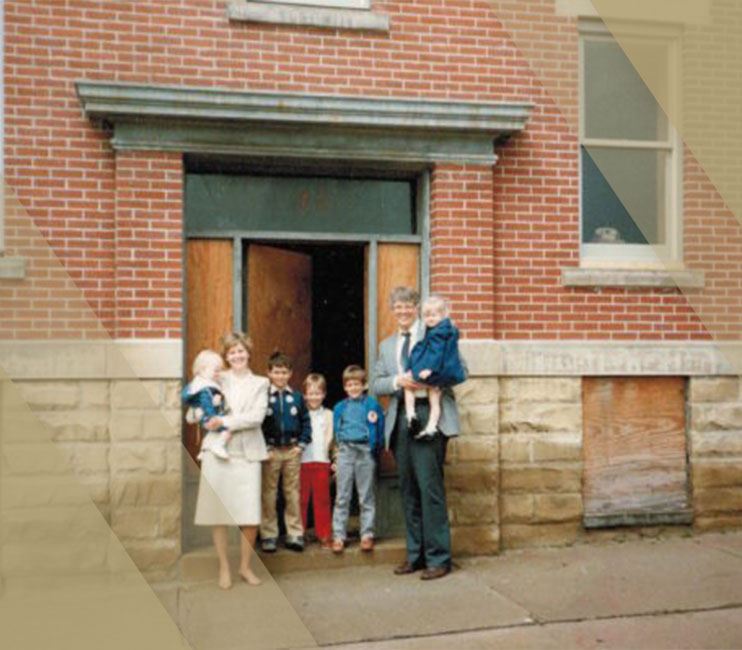How Mediation Helps Resolve a Divorce Settlement
When negotiations between spouses break down, there are several reasons that mediation is a better option than going to court:
Sometimes it just takes a neutral third party to break a logjam. This can be particularly true when the Columbus mediation attorneys involved have substantial experience, which means they can draw on solutions that may have been found in similar situations and apply them anew.
Mediation is typically more cost-effective than going to court. The period of time it takes for litigation to unfold is usually longer, which means more attorney hours in preparation. Mediation offers the very reasonable hope of a quicker resolution.
When a divorce goes to court, the judge is in control and has the final say. In mediation, the spouses are in control. While a mediator is there to make suggestions and create avenues for dialogue, it is the spouses alone who have the final say in what the final agreement looks like.
Why Mediation?
When negotiations between spouses break down, there are several reasons that mediation is a better option than going to court:
Sometimes it just takes a neutral third party to break a logjam. This can be particularly true when the Columbus mediation attorneys involved have substantial experience, which means they can draw on solutions that may have been found in similar situations and apply them anew.
Mediation is typically more cost-effective than going to court. The period of time it takes for litigation to unfold is usually longer, which means more attorney hours in preparation. Mediation offers the very reasonable hope of a quicker resolution.
When a divorce goes to court, the judge is in control and has the final say. In mediation, the spouses are in control. While a mediator is there to make suggestions and create avenues for dialogue, it is the spouses alone who have the final say in what the final agreement looks like
The spouse controls the scheduling of mediation sessions. A spouse who has a hectic schedule filled with work and family commitments may appreciate being able to schedule mediation when it works for them. In court, that is not an option.
Everything said in mediation stays confidential, whereas information revealed in litigation becomes a part of the public record. Couples, especially those with children, may prefer that the personal nature of their disagreement be kept private.
By its very nature, mediation means the spouses are working together. Given that a breakdown of communication is often both a cause and effect of the divorce itself, being able to collaborate can be healing for the spouses as they move to the next chapter of their lives—a chapter that may require them to continue collaborating, at least if minor children are involved.
What happens in mediation stays in mediation. The spouses and the mediator are bound by confidentiality. Spouses may prefer to have their personal issues stay that way. This can be particularly true when children are involved.
The collaborative nature of mediation means the spouses are working together. This allows for a healthy way to end one chapter of life and begin a new one. If the spouses will still be raising children together, the need to get the new chapter off to a good start is even more important. Mediation can help.



